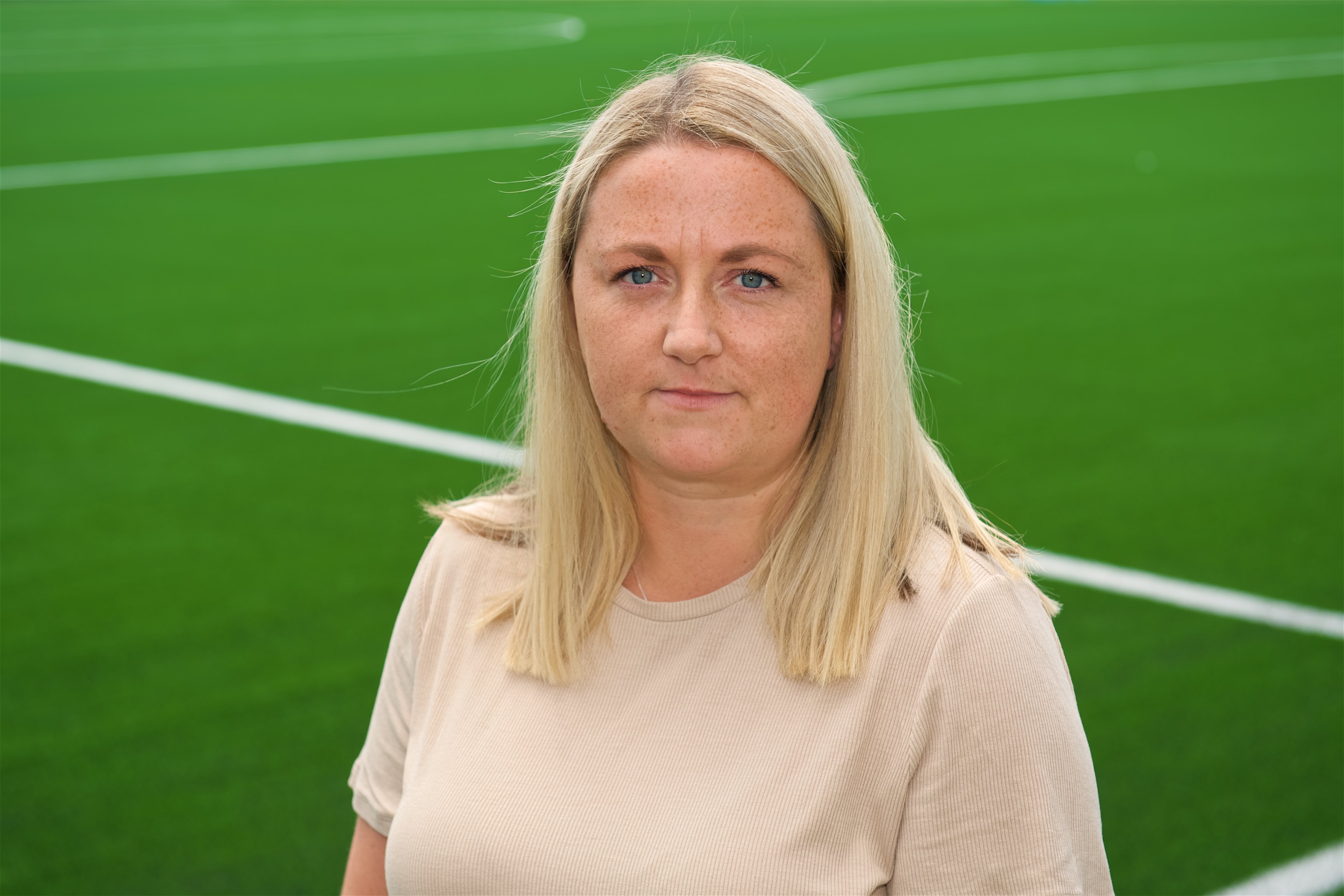


An Assistant Minister has apologised to islanders affected by a no-cash policy across public sports facilities after an autistic person was turned away from Les Quennevais – prompting concerns about the exclusion of vulnerable or elderly islanders.
Deputy Lucy Stephenson, who has delegated responsibility for sports facilities, nevertheless did not indicate that the Government would change its stance, despite the recent criticism.
A carer took to social media last week to explain that they had taken their autistic client swimming at a support session at Les Quennevais Sports Centre and he tried to pay cash – but was refused.
They wrote: "Got told it was put in place during Covid times, but it's not right when places don't accept cash, as it often excludes the vulnerable or elderly who usually use cash."
Pictured: The social media post prompted debate.
Others commented on the post in agreement, writing: "It does feel a bit discriminatory to refuse cash.
"A private business is, I suppose, entitled to do what it likes, but this is a government-owned facility!"
One parent of a teenager with autism said: "I think its bad they don't accept cash, not everyone carries a card... I can imagine this carer and his client had a hard time coping with this situation, I hope they let you in with an I.O.U."
One islander raised the case to Deputy Stephenson on X (formerly Twitter), commenting: "Surely, at a place where kids spend pocket money, where pensioners use their budget, taking cash cannot be difficult?"
Contacted by Express, Deputy Lucy Stephenson said she apologised "if anyone has been upset or inconvenienced by the fact we do not accept cash at our sports facilities".

Pictured: Deputy Lucy Stephenson has responsibility for sports facilities.
The transition to a cashless society seemed to gain momentum during and after the pandemic, with a growing number of businesses becoming 'card-only', often for hygiene reasons.
However, Deputy Stephenson said the policy had been in place "across government, including at our sports centres, since before the pandemic in early 2020."
"The decision was made due to the decline in users paying with cash and to streamline the processes associated with that method of payment," she added.
Although digital currency is often more convenient and secure for the individual than carrying around cash, a growing number of islanders are keen to highlight the risks of Jersey moving towards becoming a cashless society.
Charities FNHC and Age Concern have previously raised concerns about the impact of an increasingly digital society for older people in Jersey, while a group called 'JERSEY CI. Cash is King' has picked up nearly 4,000 members in recent months.
Group founder Nina Morgan, speaking to Express about the current situation at sports facilities, said: "Not everyone has an account, card or a phone. Many of those who do not have disabilities or are otherwise unable to obtain accounts with banks. Equal access to all goods and services should be a default across Jersey and no one should be discriminated against based on ability to obtain a bank account."
She added that she found it "rather odd" that the Government, what she called "the legal custodian of our legal tender", was "refusing to accept that very tender it is custodian of. I think the Government should change this policy."
Concerns raised by the Facebook group's members range from the impact on vulnerable and elderly islanders to the cost of processing card transactions for small businesses, and even the potential for 'surveillance', as Express previously found out.
FOCUS: Ripe for surveillance and bad for business? Behind the local movement fighting cash-free push
Comments
Comments on this story express the views of the commentator only, not Bailiwick Publishing. We are unable to guarantee the accuracy of any of those comments.